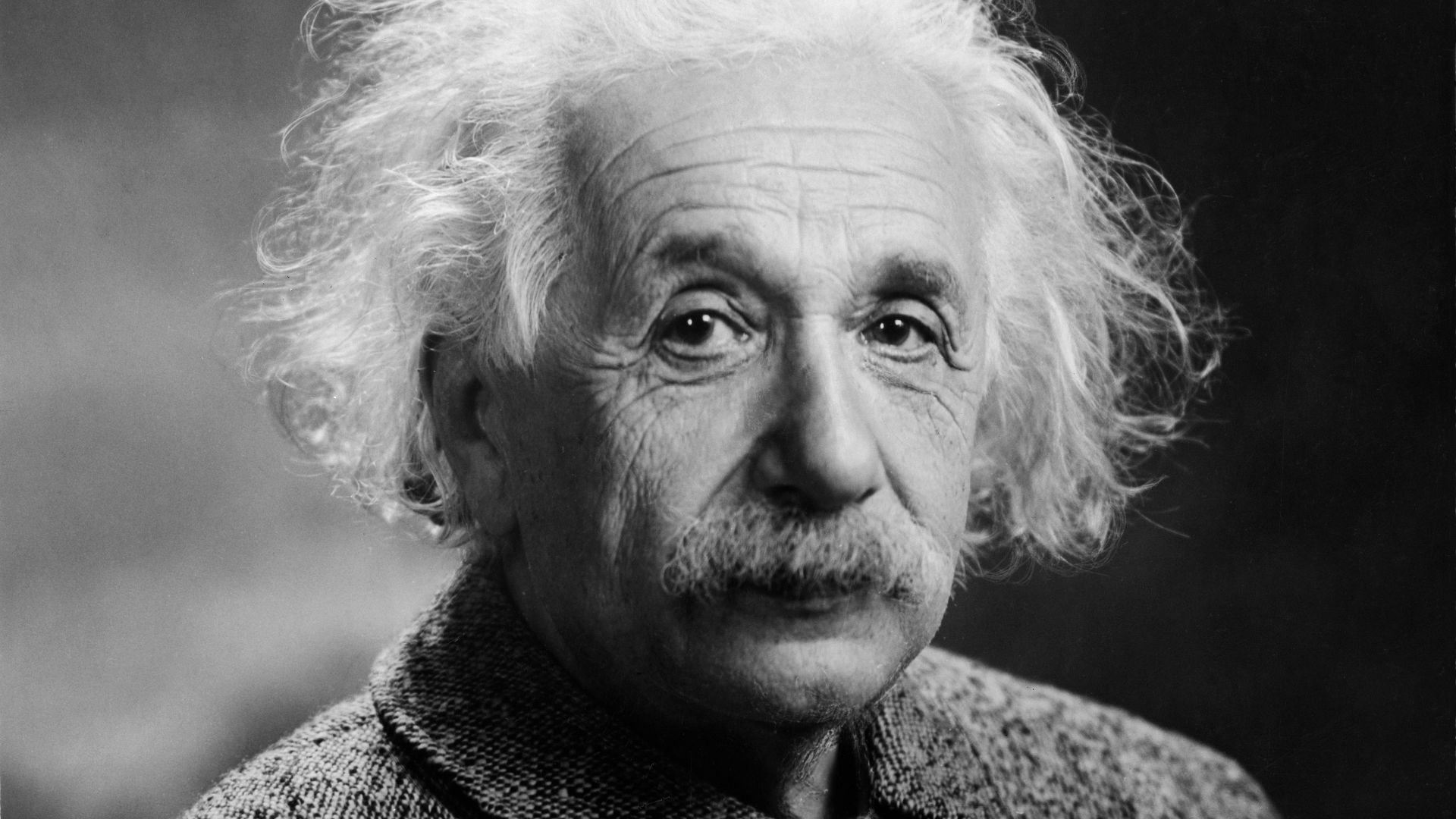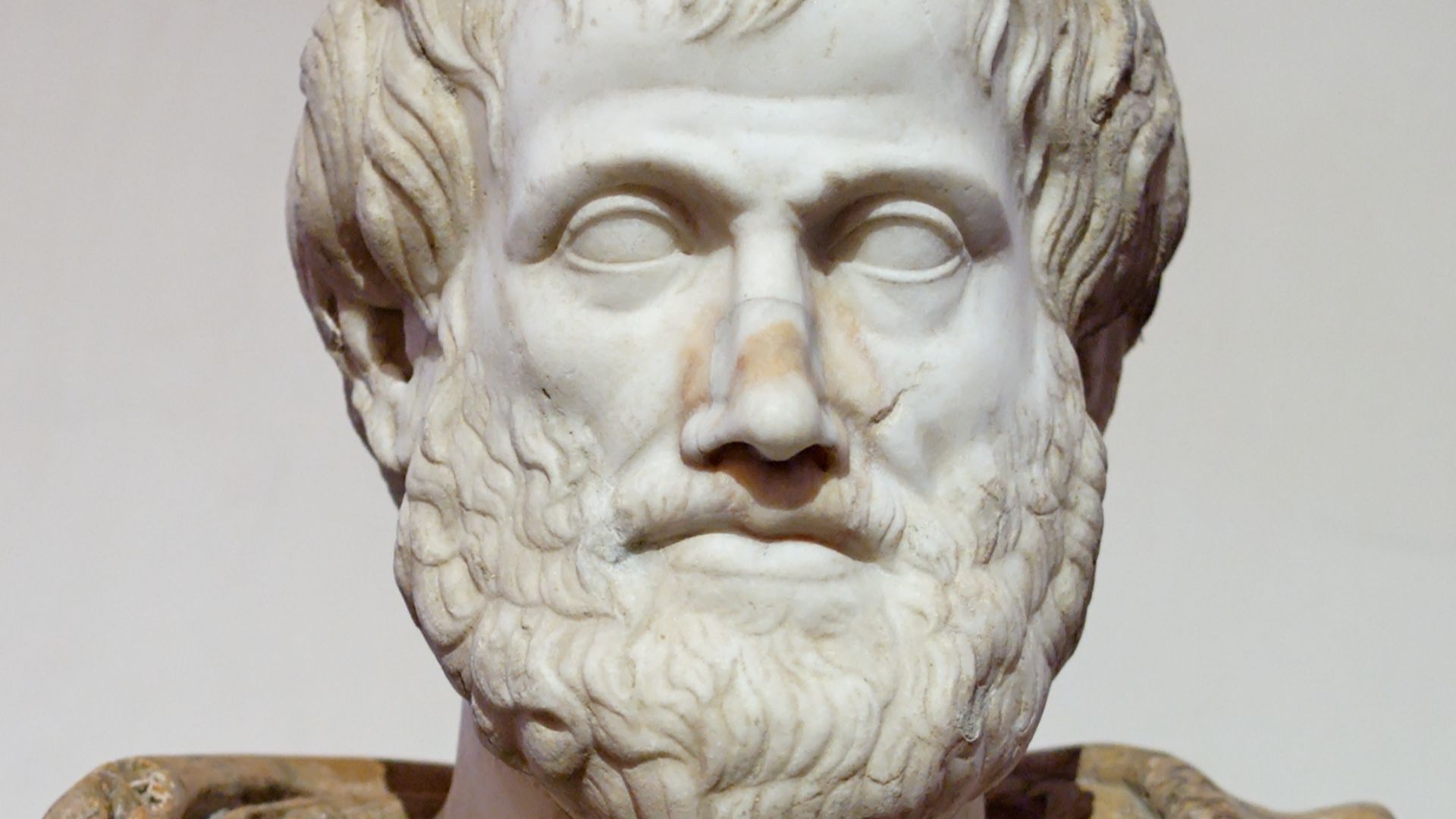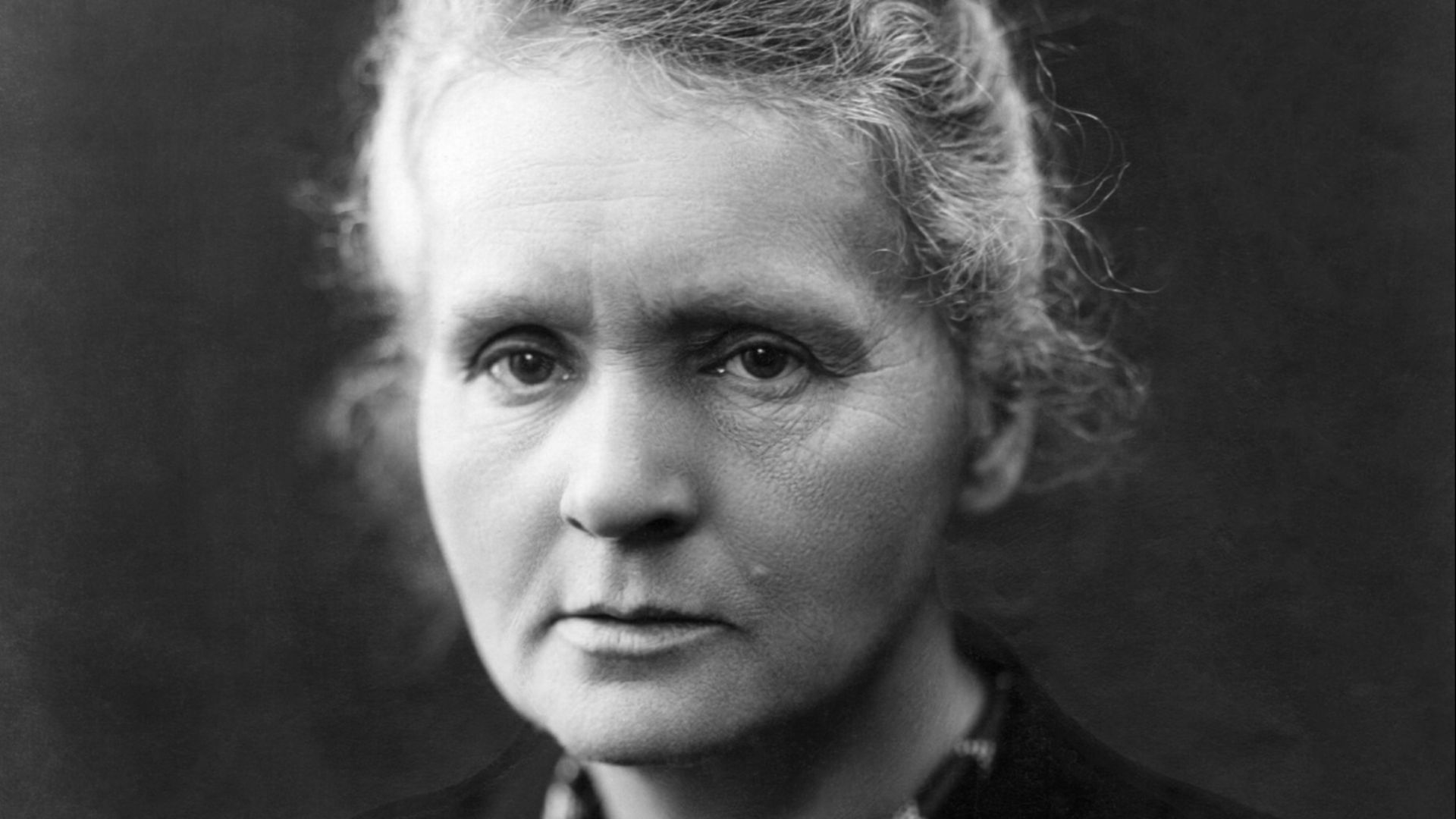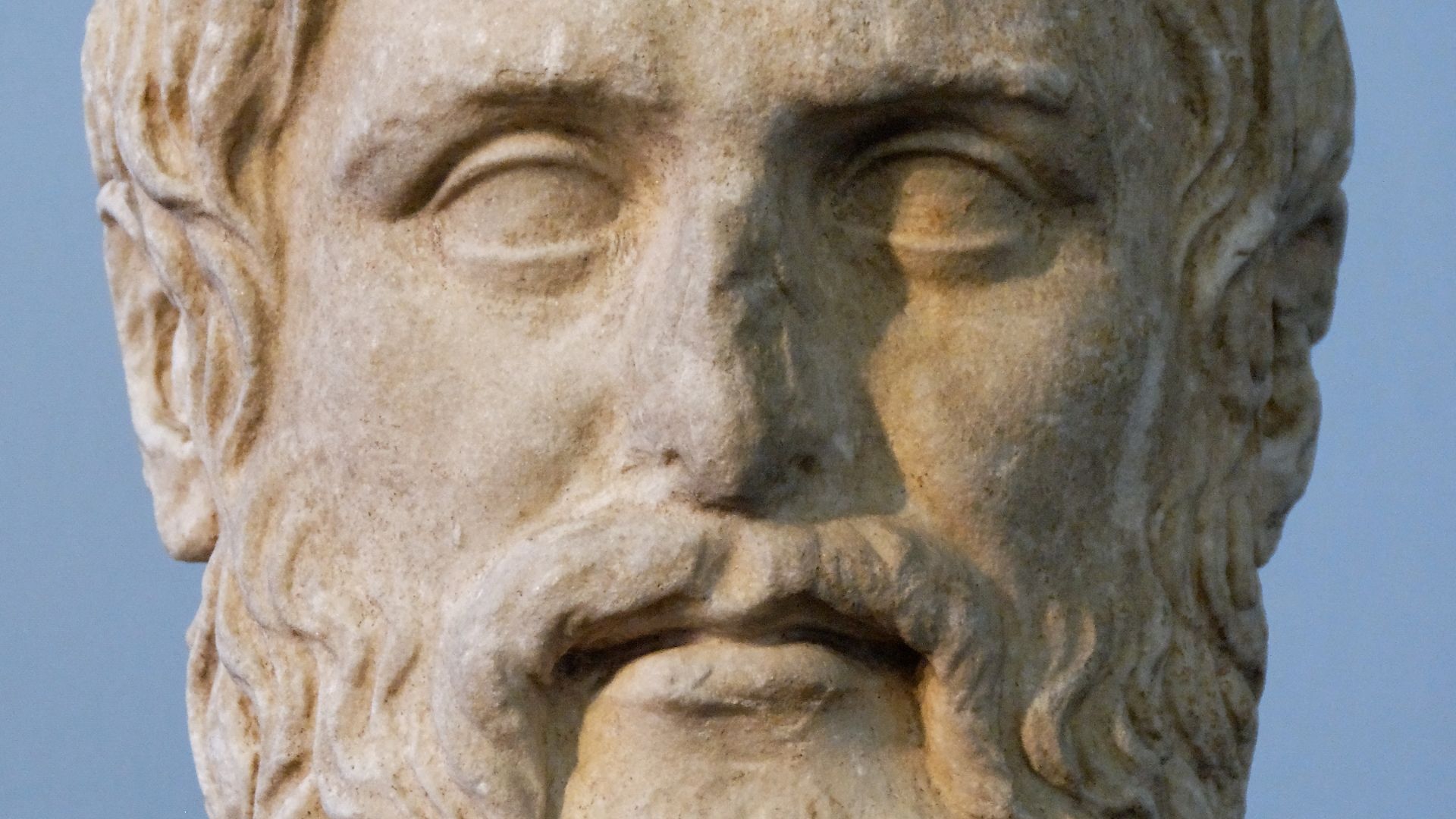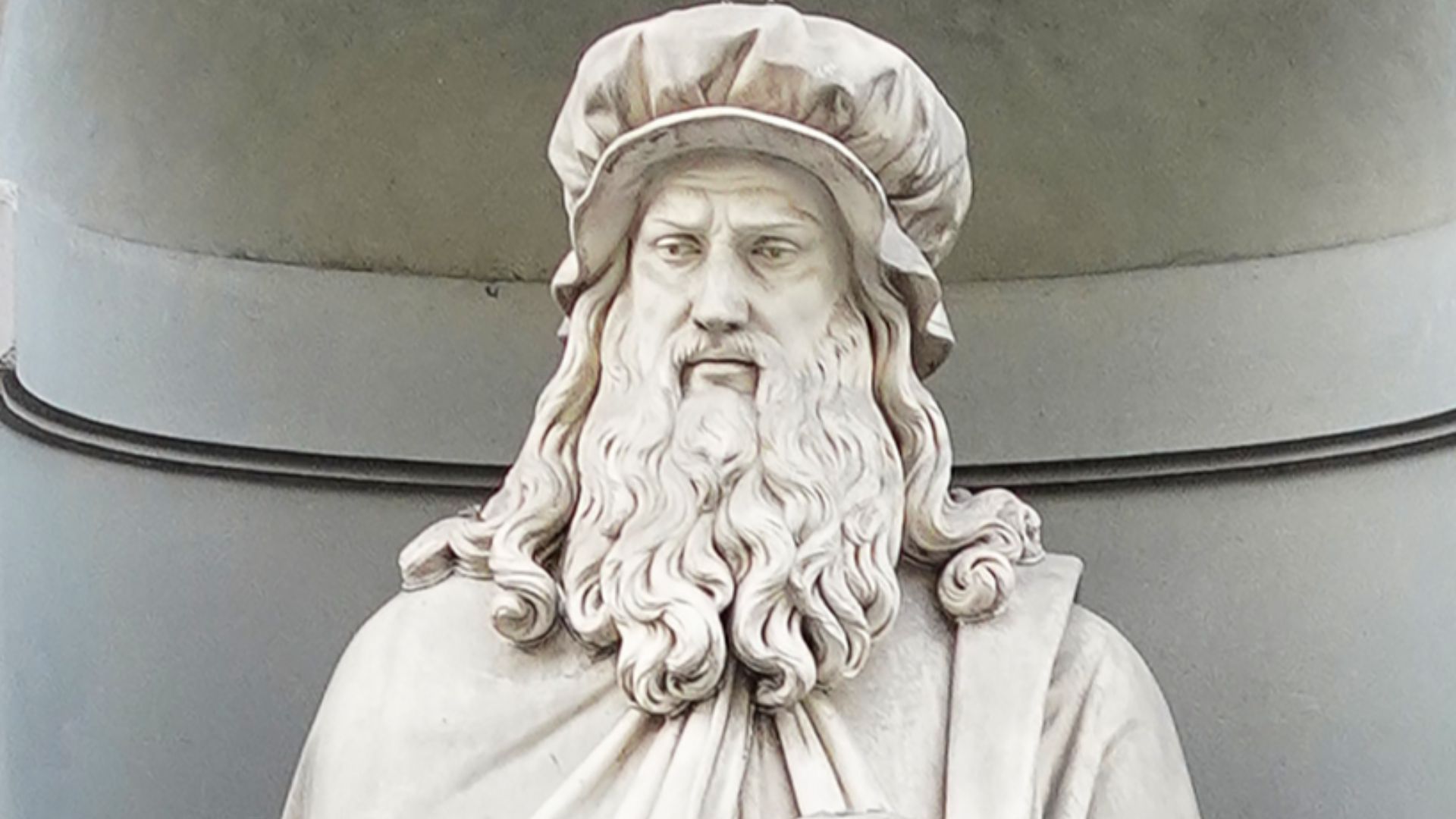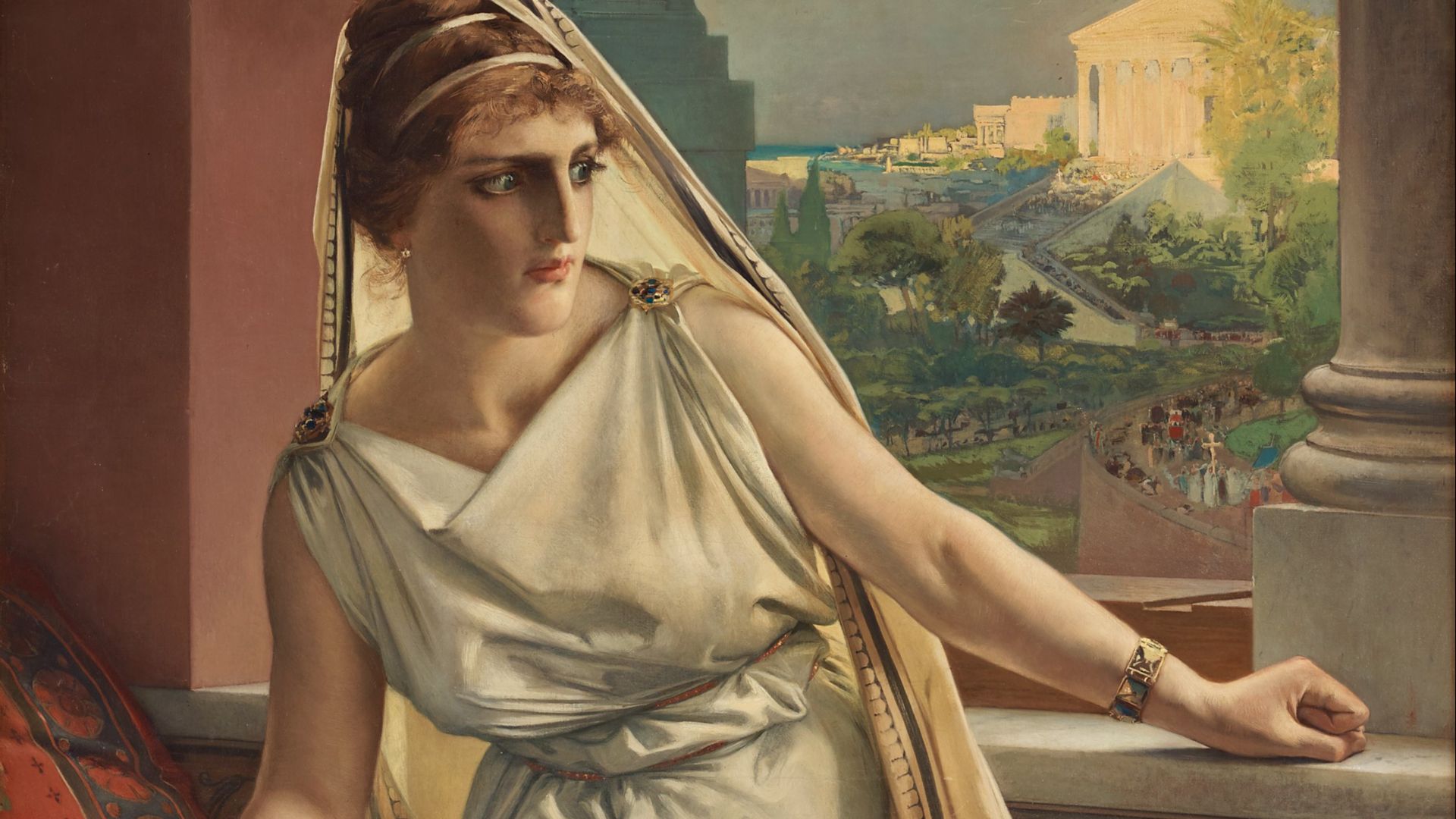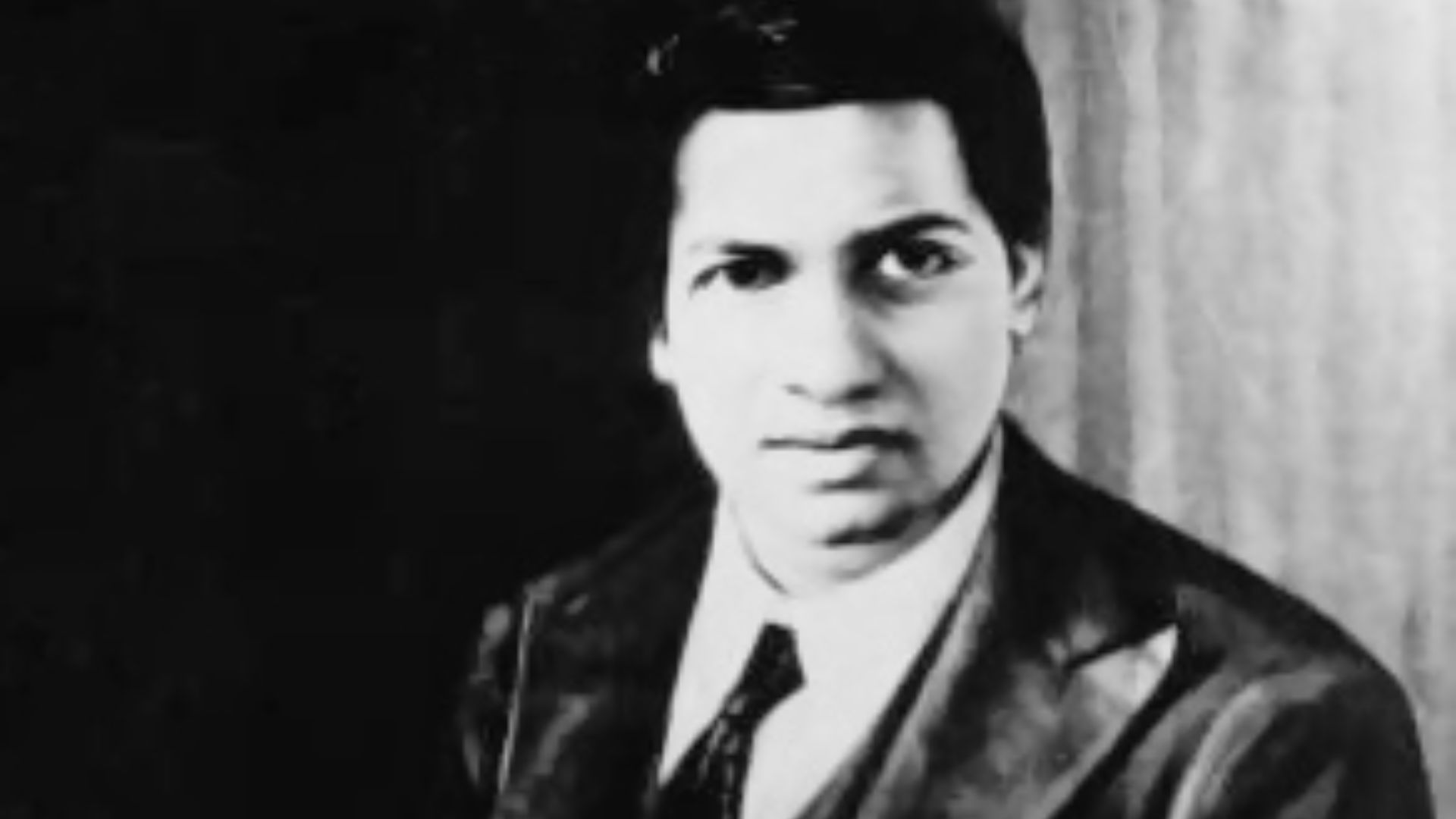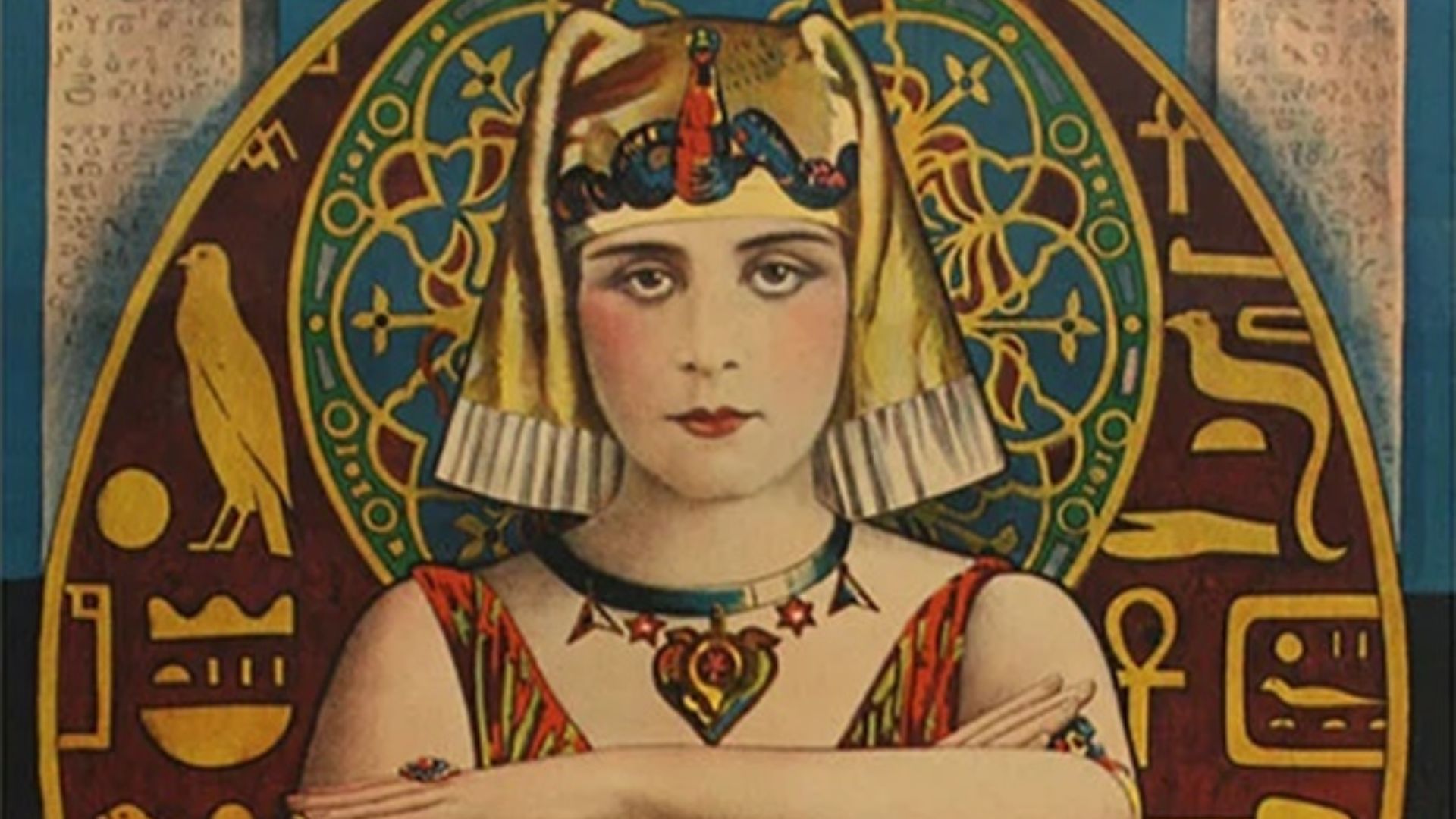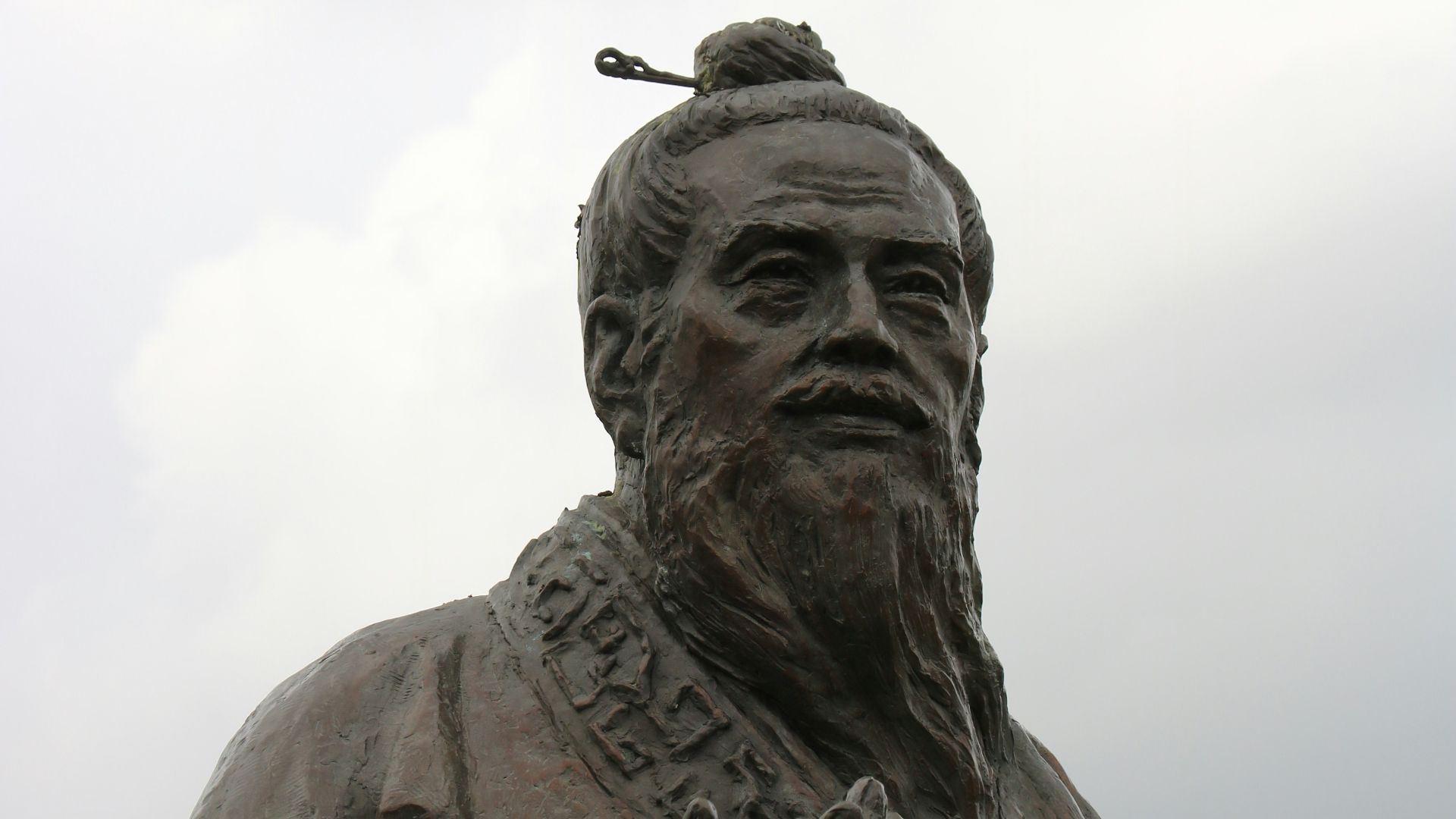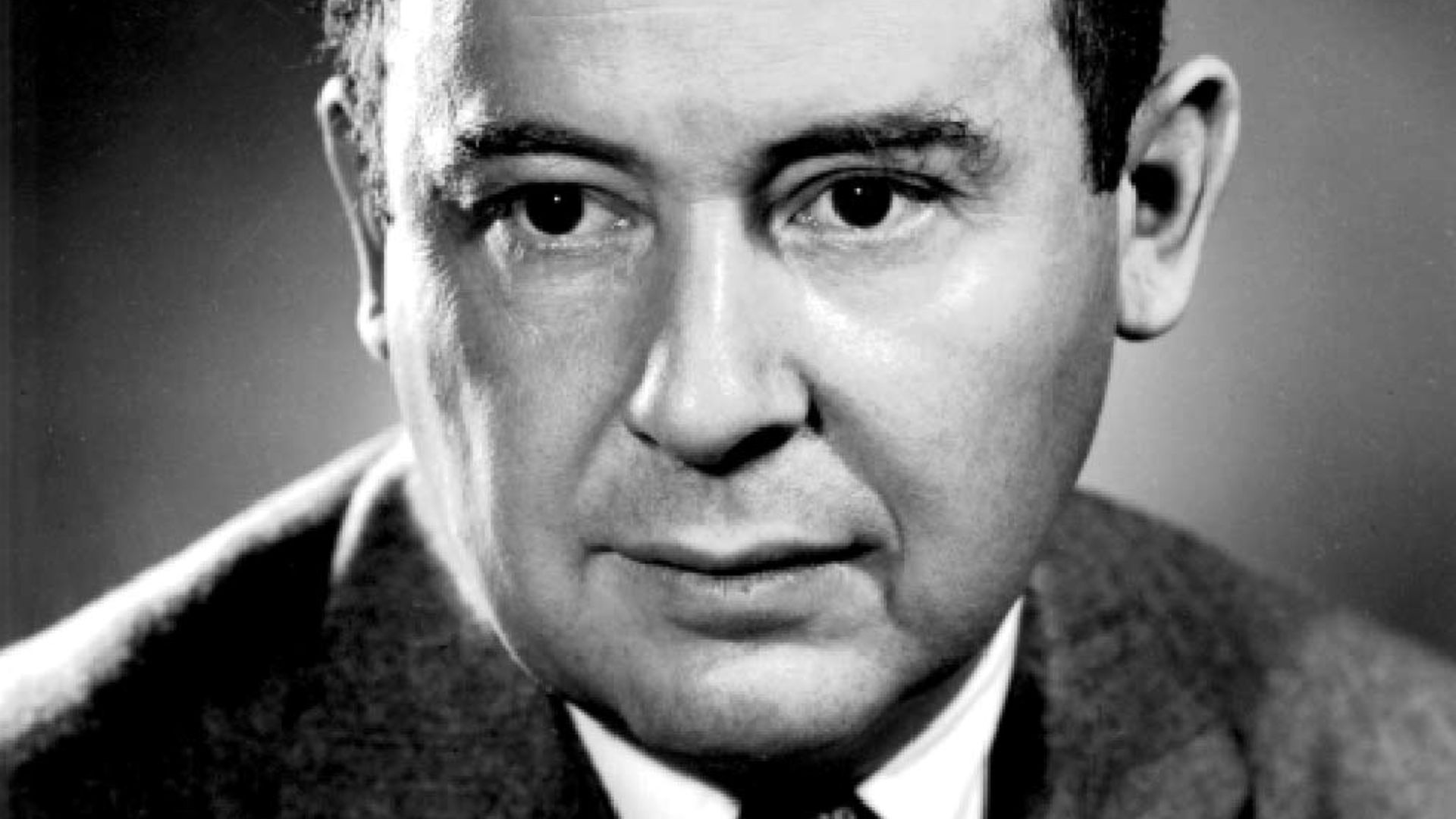20 Smartest People in History—and How They Changed the World
The Most Brilliant Minds in History
From Albert Einstein to Isaac Newton, some of the smartest people in history have made major strides in how we view and understand the world today. And while you'll likely recognize many of these names, there may be some on this list that might just surprise you. Ready to meet some world-renowned geniuses? Here are 20 of the smartest people in history.
1. Albert Einstein
A German-born theoretical physicist, Albert Einstein is often regarded as one of the smartest people in history. Most significantly, his contributions to relativity and quantum mechanics and his famous equation—E=mc2—made him a household name, and he continues to inspire critical thinkers everywhere.
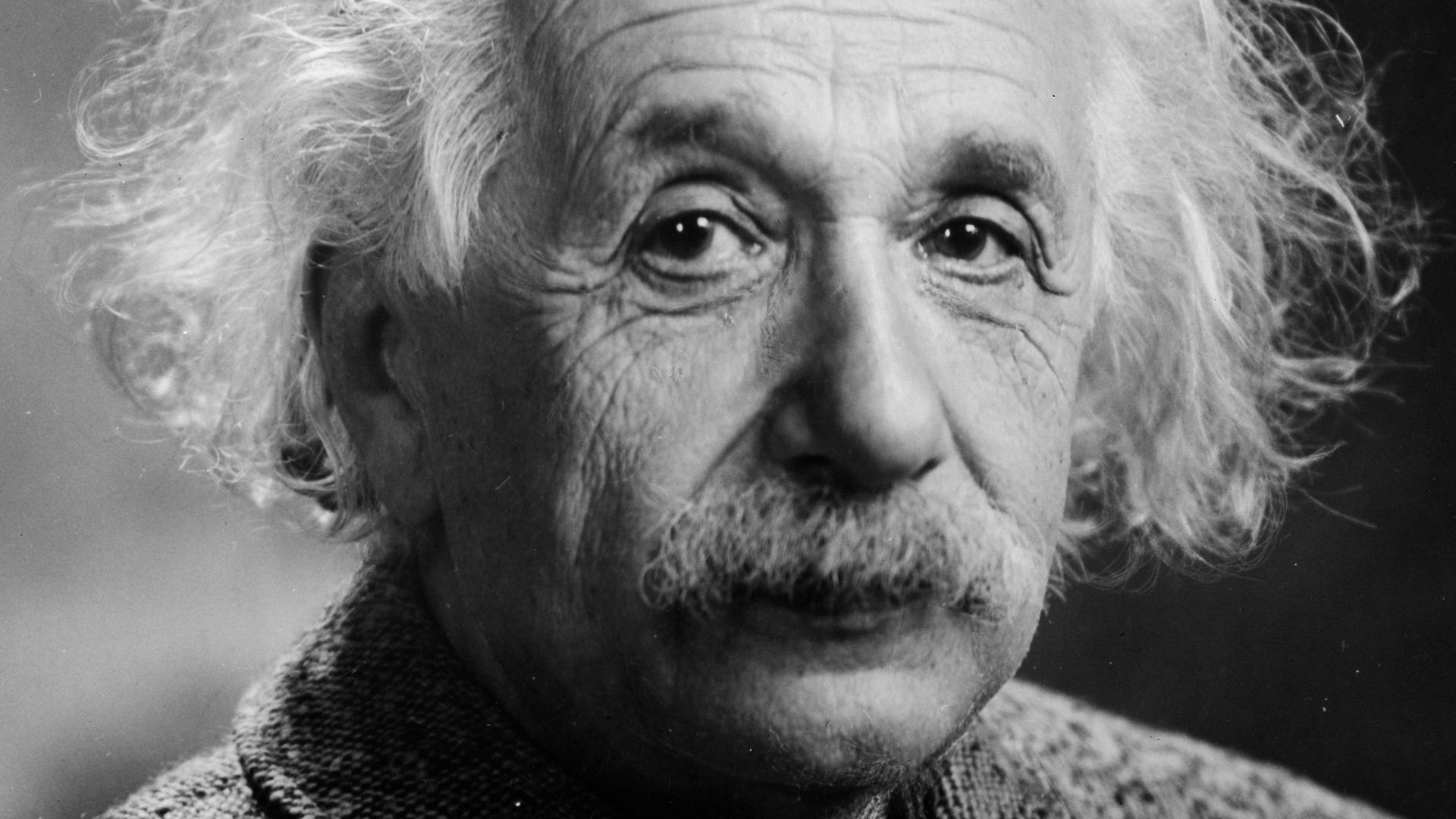 Orren Jack Turner on Wikimedia
Orren Jack Turner on Wikimedia
2. Stephen Hawking
Stephen Hawking was an English theoretical physicist and cosmologist. He was diagnosed with ALS (amyotrophic lateral sclerosis) at 21 years old, a neurodegenerative disease that took away many of his motor abilities. He was most recognized for his research on black holes, and his proposal was later referred to as "Hawking's radiation."
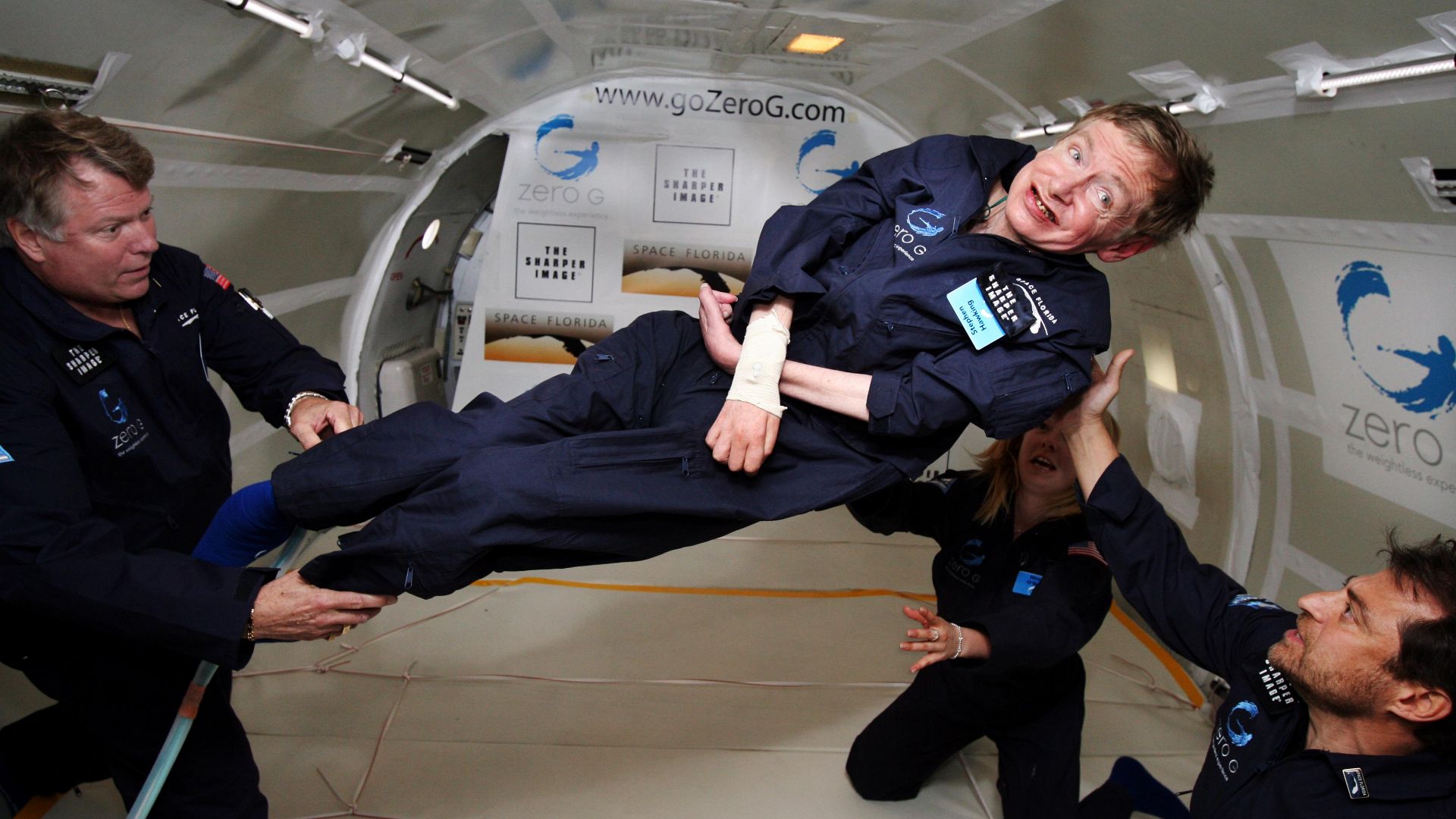 Jim Campbell/Aero-News Network on Wikimedia
Jim Campbell/Aero-News Network on Wikimedia
3. Alan Turing
Renowned computer scientist and mathematician, Alan Turing was a pioneer in his field and was highly respected because of it. He played a critical role in breaking the Nazi Enigma code during World War II, and his work later led to the creation of the modern computer. Unfortunately, after being outed as homosexual, he committed suicide in 1954 by eating an apple laced with cyanide.
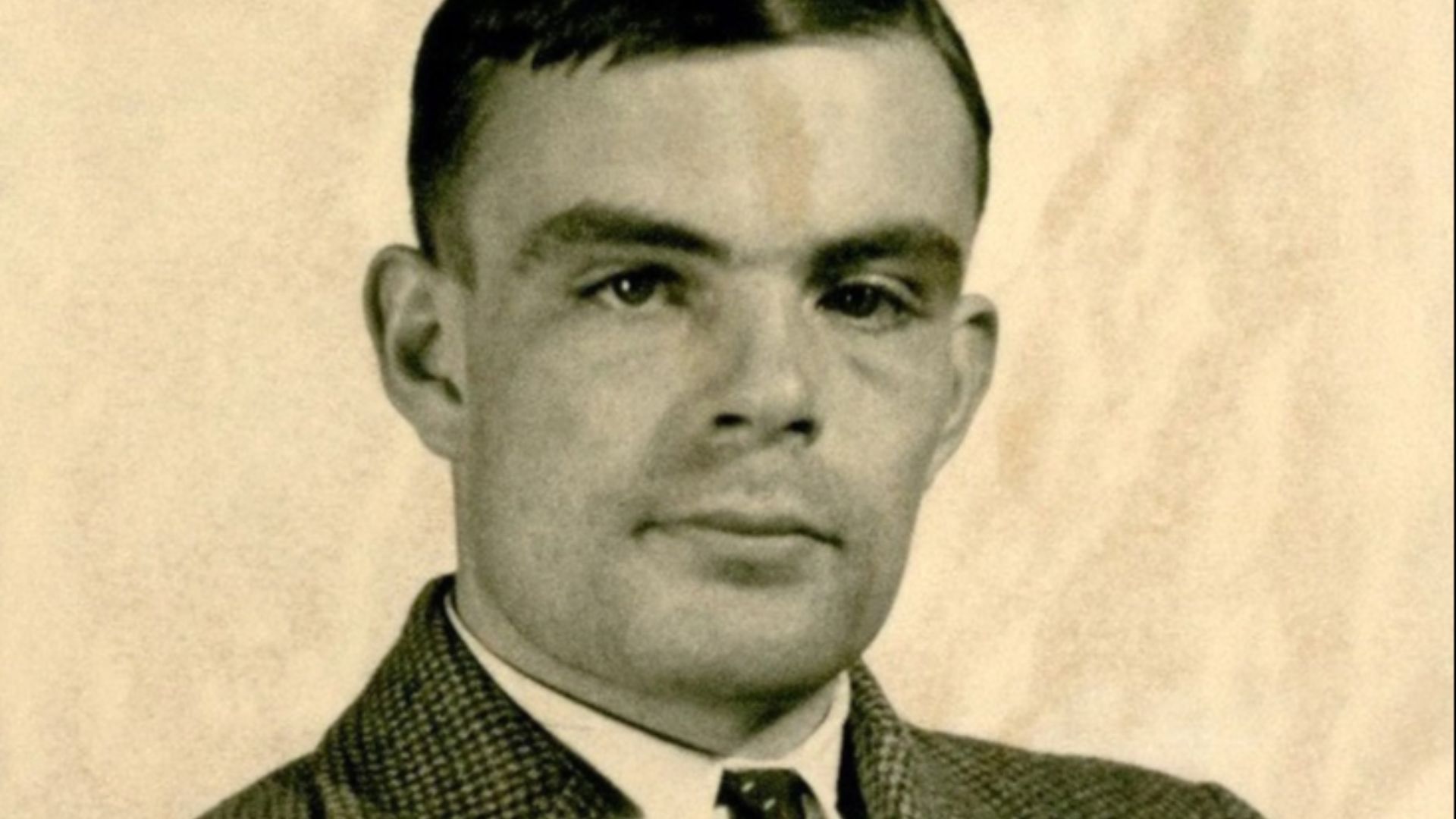 Unknown photographer on Wikimedia
Unknown photographer on Wikimedia
4. Aristotle
Aristotle was an Ancient Greek philosopher and made many important contributions to various fields, including linguistics, politics, economics, psychology, natural sciences, and—of course—philosophy. Gifted with wisdom, the only other figure who stood at his level was his teacher, Plato, who had himself been a student of Socrates.
5. Johann Wolfgang von Goethe
Johann Wolfgang von Goethe was many things—a poet, playwright, novelist, and scientist. German-born, he is the German equivalent of William Shakespeare, known best for his works The Sorrows of Young Werther and Faust, among many others.
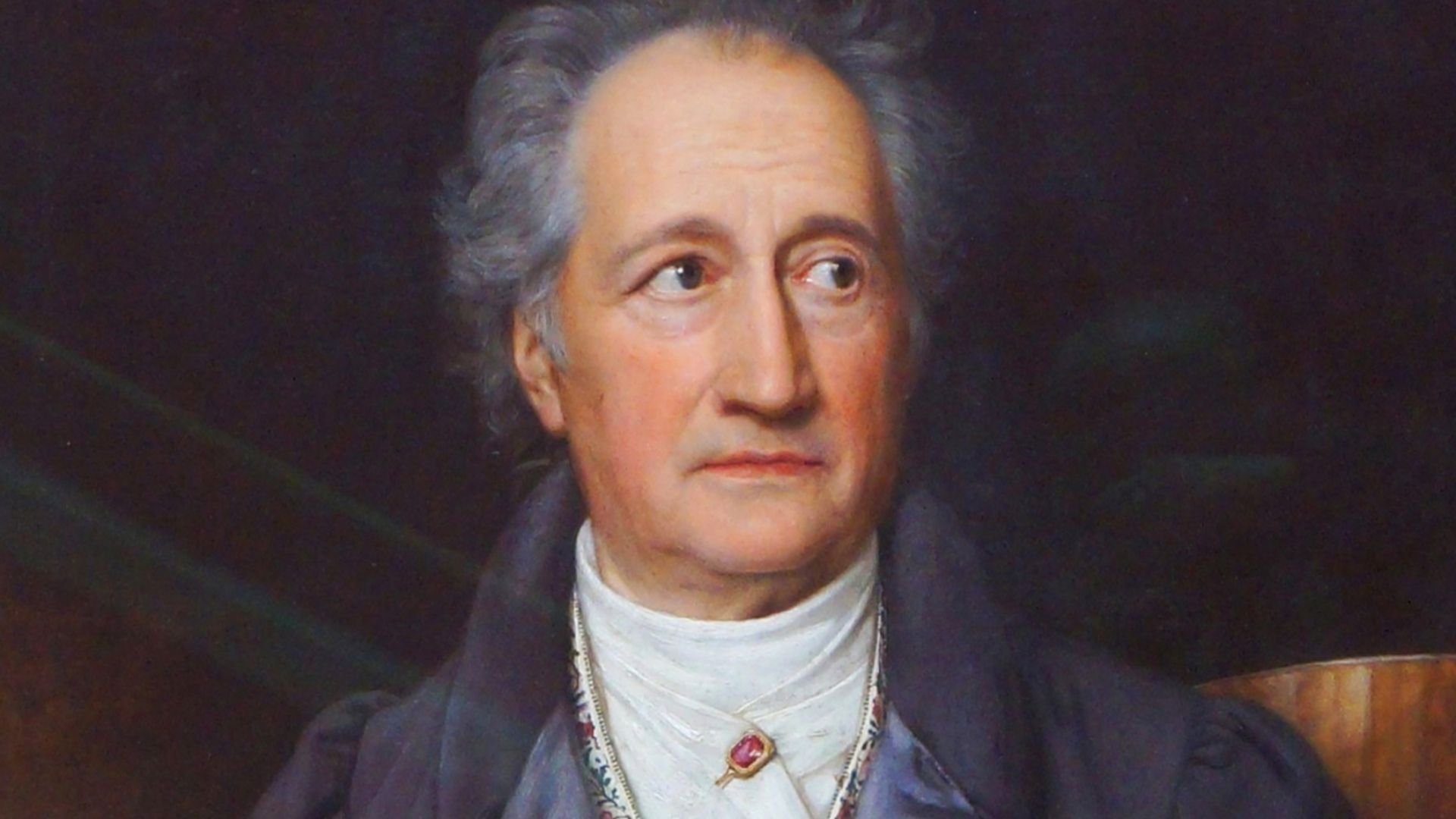 Joseph Karl Stieler on Wikimedia
Joseph Karl Stieler on Wikimedia
6. Galileo Galilei
An Italian astronomer, physicist, and engineer, Galileo Galilei made significant observations, discoveries, and inventions that gave scientists everywhere better insight into the universe. For one, and perhaps most importantly, Galileo was one of the first to challenge that it's the sun—and not the Earth—that the planets revolved around.
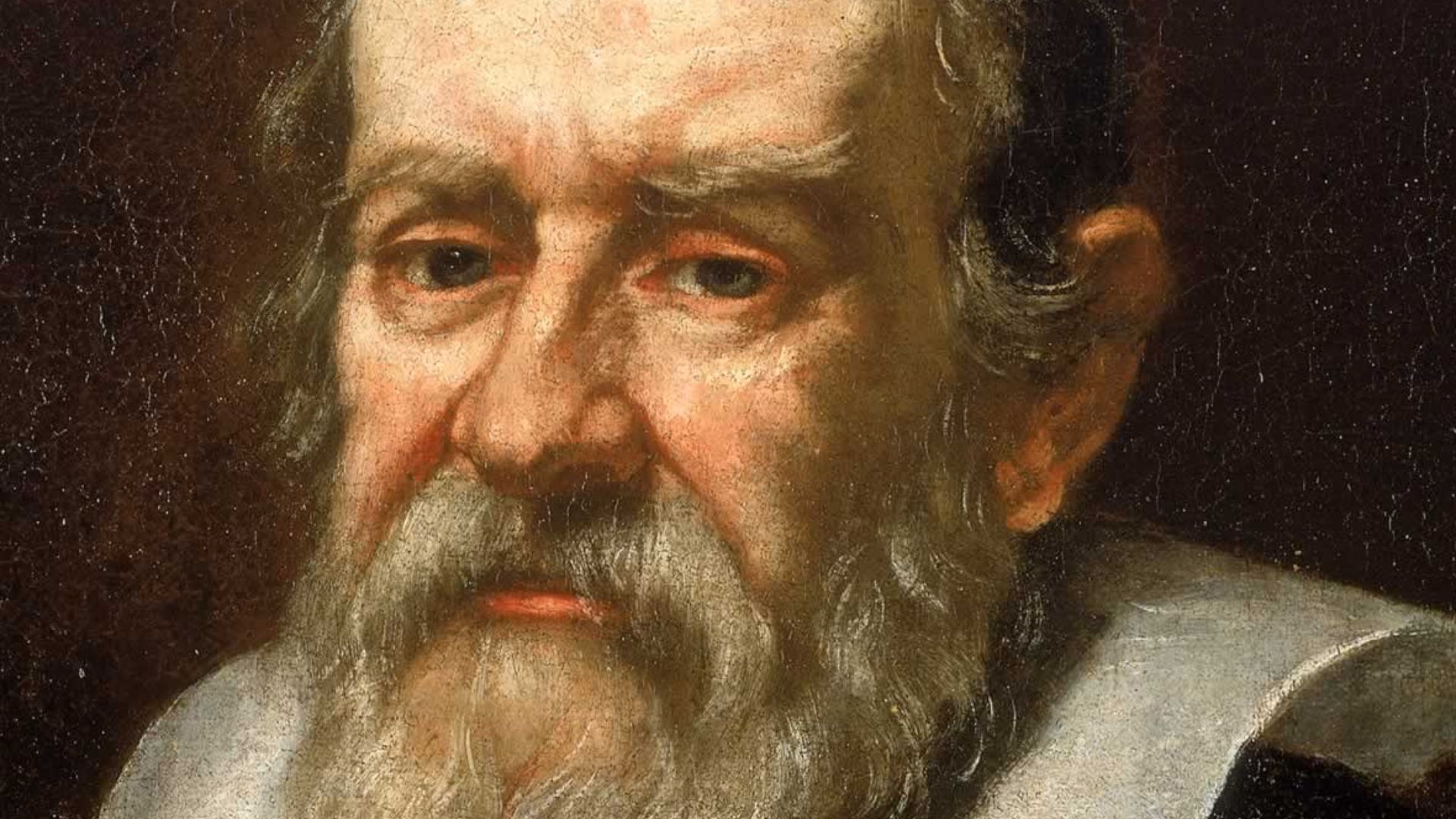 Justus Sustermans on Wikimedia
Justus Sustermans on Wikimedia
7. Marie Curie
Marie Curie was a Polish-French physicist and chemist, perhaps known best for her work on radioactivity and for discovering two new elements, polonium (named after her home country) and radium. She was the first woman to win a Nobel Prize, and the only person to have won two Nobel Prizes in two different fields, physics and chemistry.
8. Plato
Teacher of Aristotle and student of Socrates, Plato, too, tops the list as one of the greatest philosophers of all time. Of his many contributions and works, he was also famous for being the founder of the Academy, an academic program that many believe to be the first institution of higher education in the West.
9. Isaac Newton
English physicist and mathematician, Isaac Newton is another name you're likely more than familiar with. He was best known for his discoveries in optics and mathematics (calculus, in particular), as well as his three laws of motion, which describe the relationship between the motion of an object and the forces acting upon it.
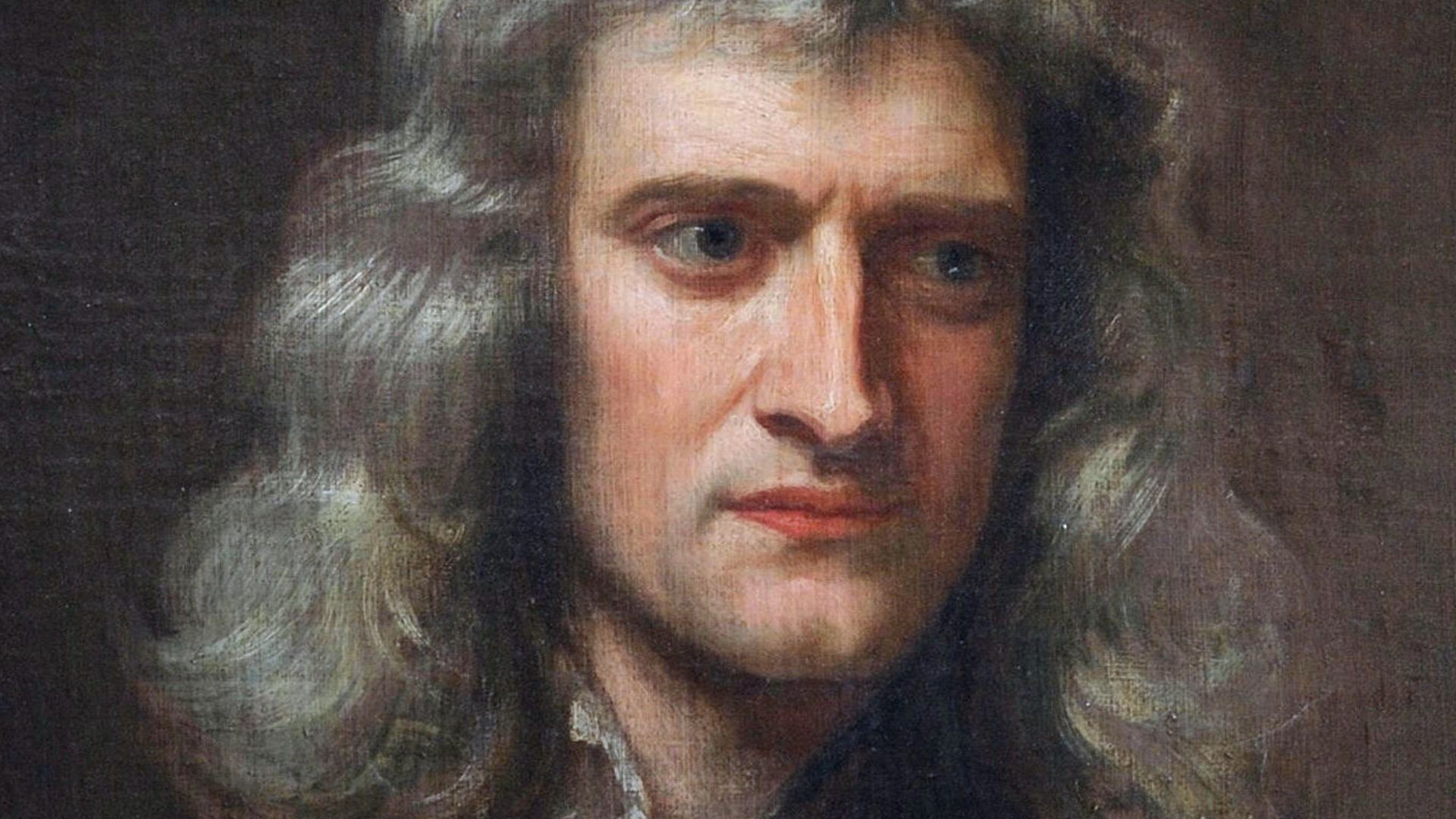 James Thronill after Sir Godfrey Kneller on Wikimedia
James Thronill after Sir Godfrey Kneller on Wikimedia
10. Leonardo da Vinci
Leonardo da Vinci might be revered for his masterpieces, with the likes of Mona Lisa and The Last Supper under his name, but perhaps lesser known were his contributions to the world of science. In fact, his pioneering research into the brain led to discoveries not only in anatomy but also in physiology.
11. Gottfried Wilhelm Leibniz
Gottfried Wilhelm Leibniz was a German mathematician, philosopher, and scientist, and was considered one of the greatest thinkers of the 17th and 18th centuries. Particularly recognized for his contributions to metaphysics, epistemology, and logic, he has also been credited alongside Isaac Newton for the creation of calculus and other branches of mathematics.
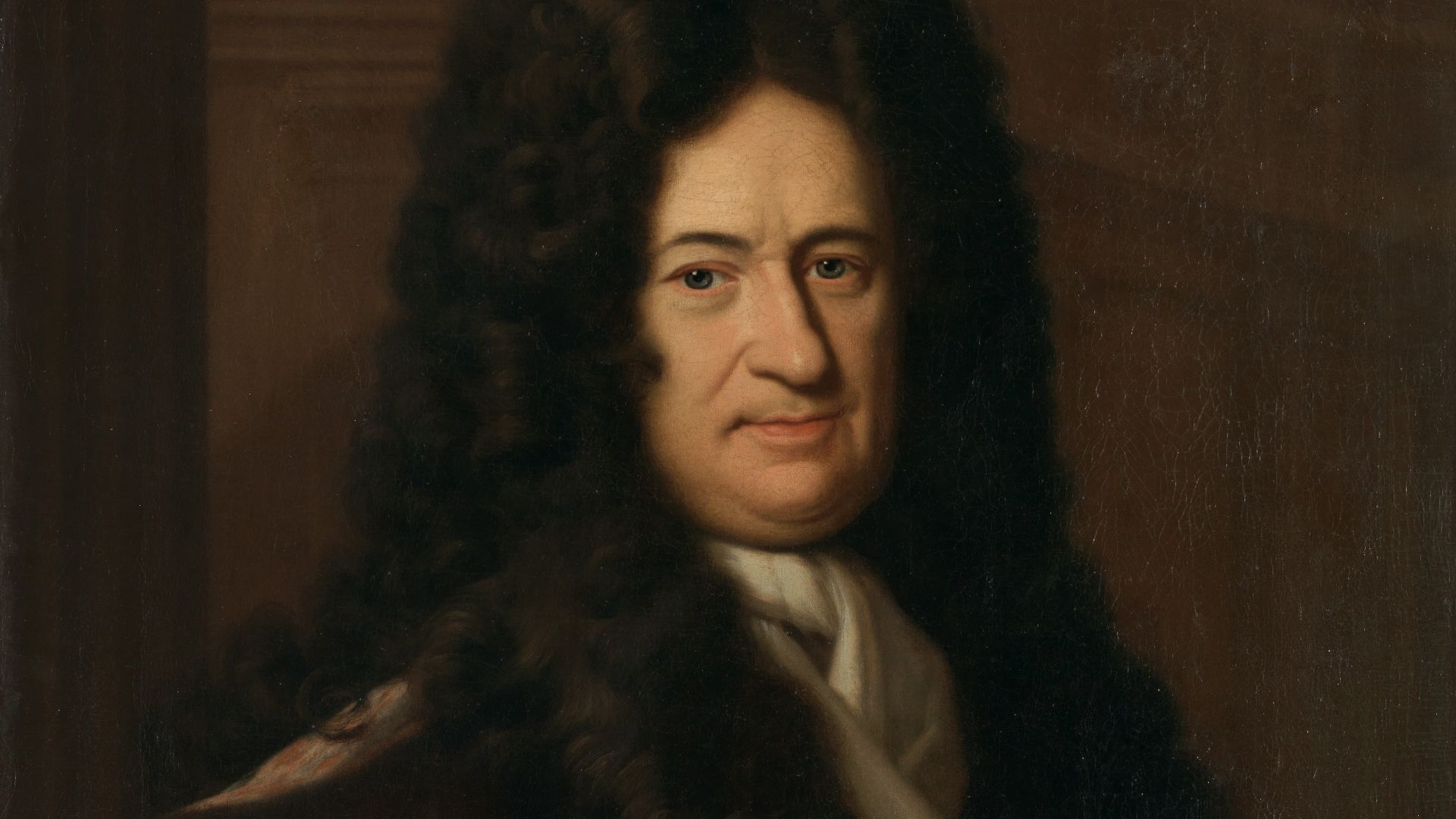 Christoph Bernhard Francke on Wikimedia
Christoph Bernhard Francke on Wikimedia
12. Voltaire
French writer and philosopher Voltaire, born François-Marie Arouet, was the leading figure in the French Enlightenment. He was known best to be a prolific writer, and penned everything from fiction to politics. His most famous works include Letters on the English (Lettres philosophiques) and the satirical novel Candide.
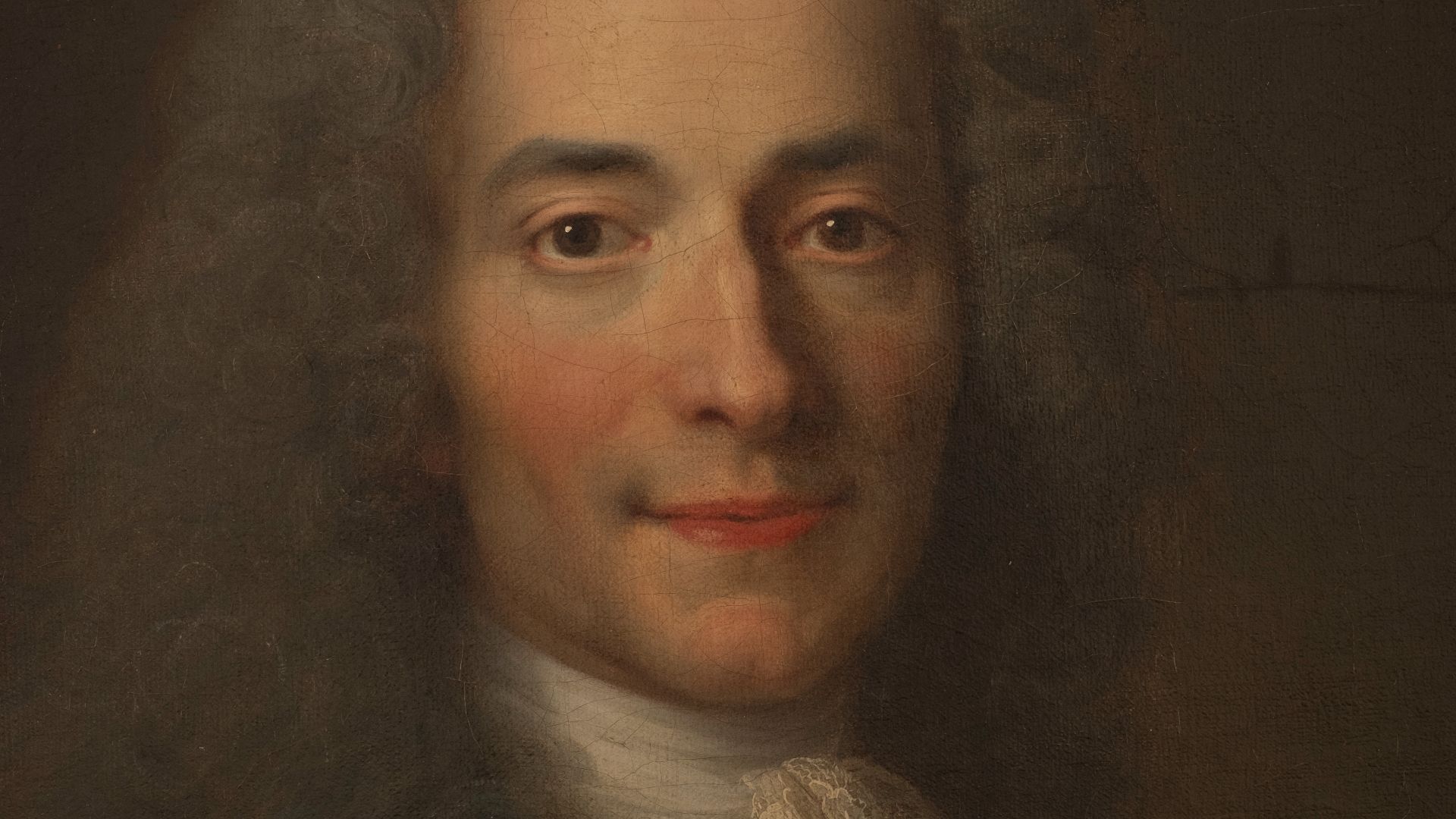 Nicolas de Largillière on Wikimedia
Nicolas de Largillière on Wikimedia
13. Hypatia
A Greek astronomer, philosopher, and mathematician, Hypatia grew up in Egypt, where she met and was influenced by some of the greatest thinkers who lived in those ancient years. Most notably, she was the first female to make significant contributions to the world of mathematics.
14. Socrates
The teacher of Plato, Socrates is considered to be one of the greatest thinkers and figures of all time. He is often credited with being the founder of Western philosophy, and is best known for his contributions to ethics and epistemology, as well as for developing the Socratic method of questioning.
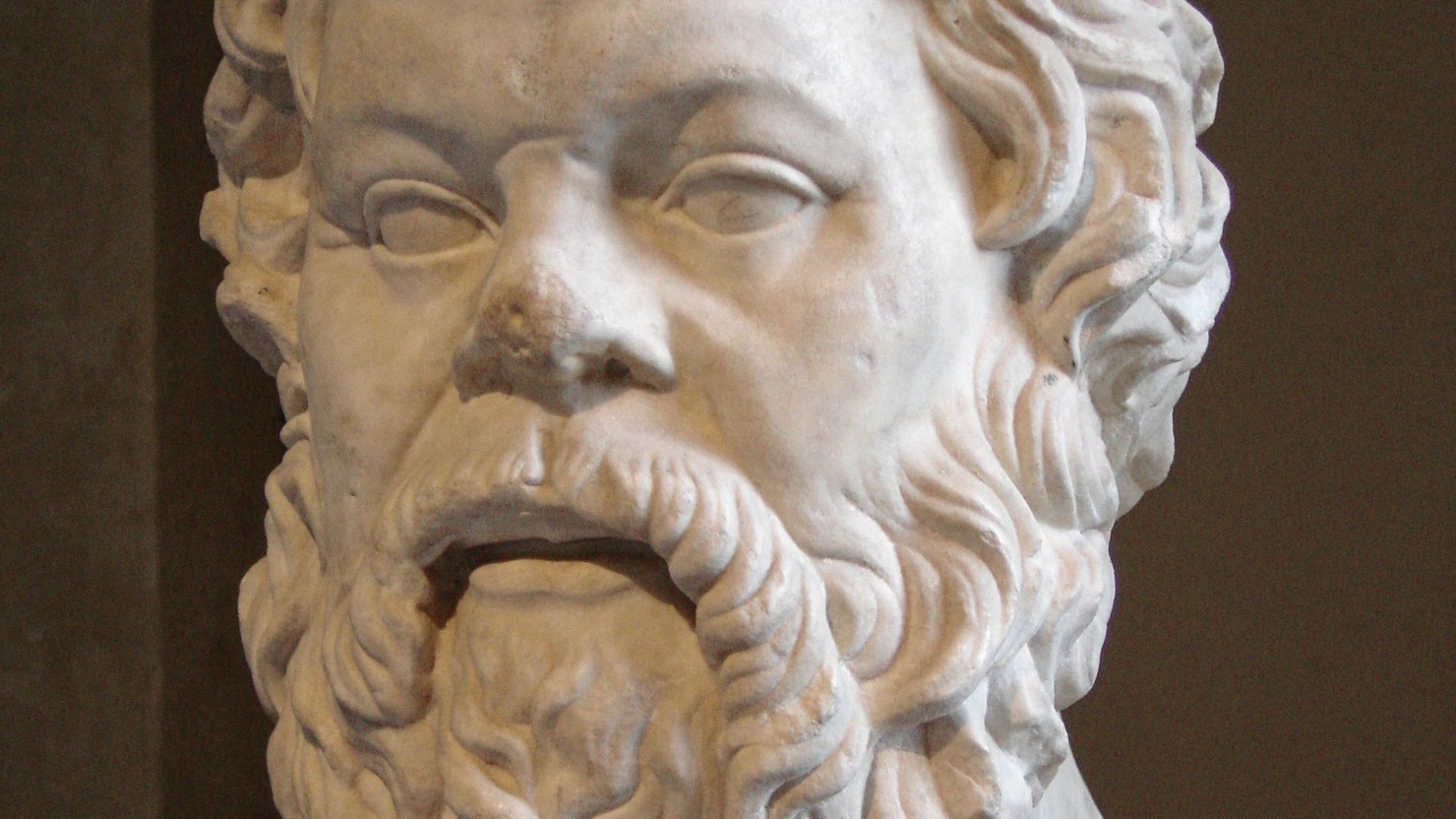 Copy of Lysippos (?) on Wikimedia
Copy of Lysippos (?) on Wikimedia
15. William Shakespeare
William Shakespeare might not immediately spring to mind when you think of the smartest people in history, but this famous English poet wrote some of the world's greatest plays of all time, including Romeo and Juliet, Macbeth, Hamlet, and King Lear. Something you might not know about the Bard is that he also had an incredibly high IQ of 210.
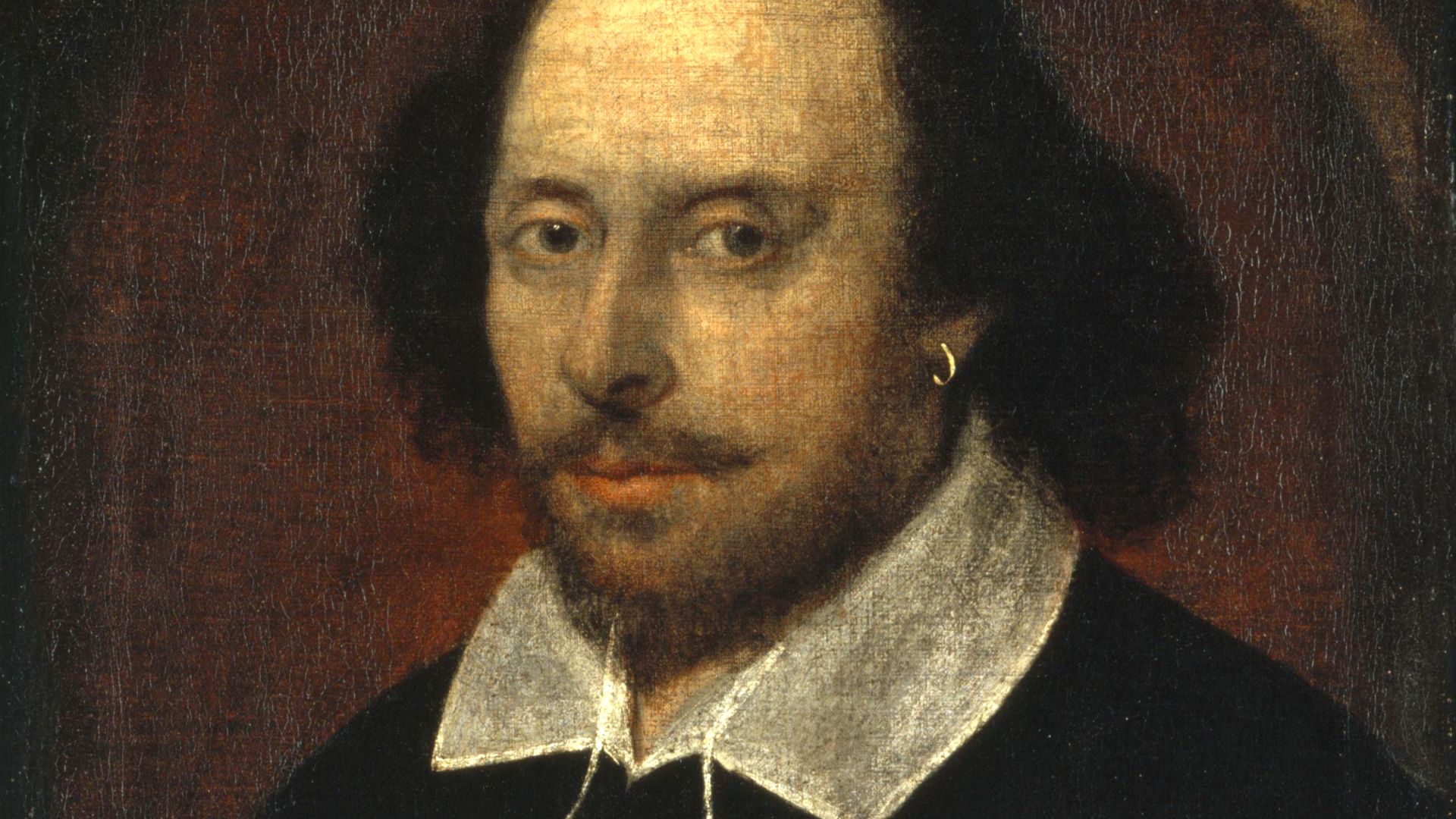 Attributed to John Taylor on Wikimedia
Attributed to John Taylor on Wikimedia
16. Srinivasa Ramanujan
Despite being such a great mathematician, perhaps even more impressive is the fact that Srinivasa Ramanujan was largely self-taught, given that he'd been born into a poor family and had limited access to formal education. He is best known for his contributions to the number theory, infinite series, and properties of the partition function.
17. Cleopatra
The last ruler of the Ptolemaic Dynasty, Cleopatra was an incredibly intelligent leader and highly educated. She was not only a skilled mathematician and chemist, but was also a philosopher, a scientific writer, and a polyglot. In fact, she knew as many as nine different languages: Koine Greek (her native tongue), Egyptian, Ethiopian, Hebrew, Arabic, Syriac, Median, Parthian, and Latin.
18. Confucius
Known as China's most famous teacher, it's probably no surprise that Confucius still has a big influence on Chinese culture—and other East Asian countries—even today. And yet, some historians argue that much of what we know of the man may be a myth, and there are sparse accounts of his life.
19. Leonhard Euler
Swiss polymath Leonhard Euler was many things: a mathematician, physicist, astronomer, logician, geographer, and engineer. Known as one of the founders of pure mathematics, he made notable contributions to numerous topics, from geometry to calculus. The mathematical formula, Euler's identity—sometimes called the world's most beautiful equation—is named after him.
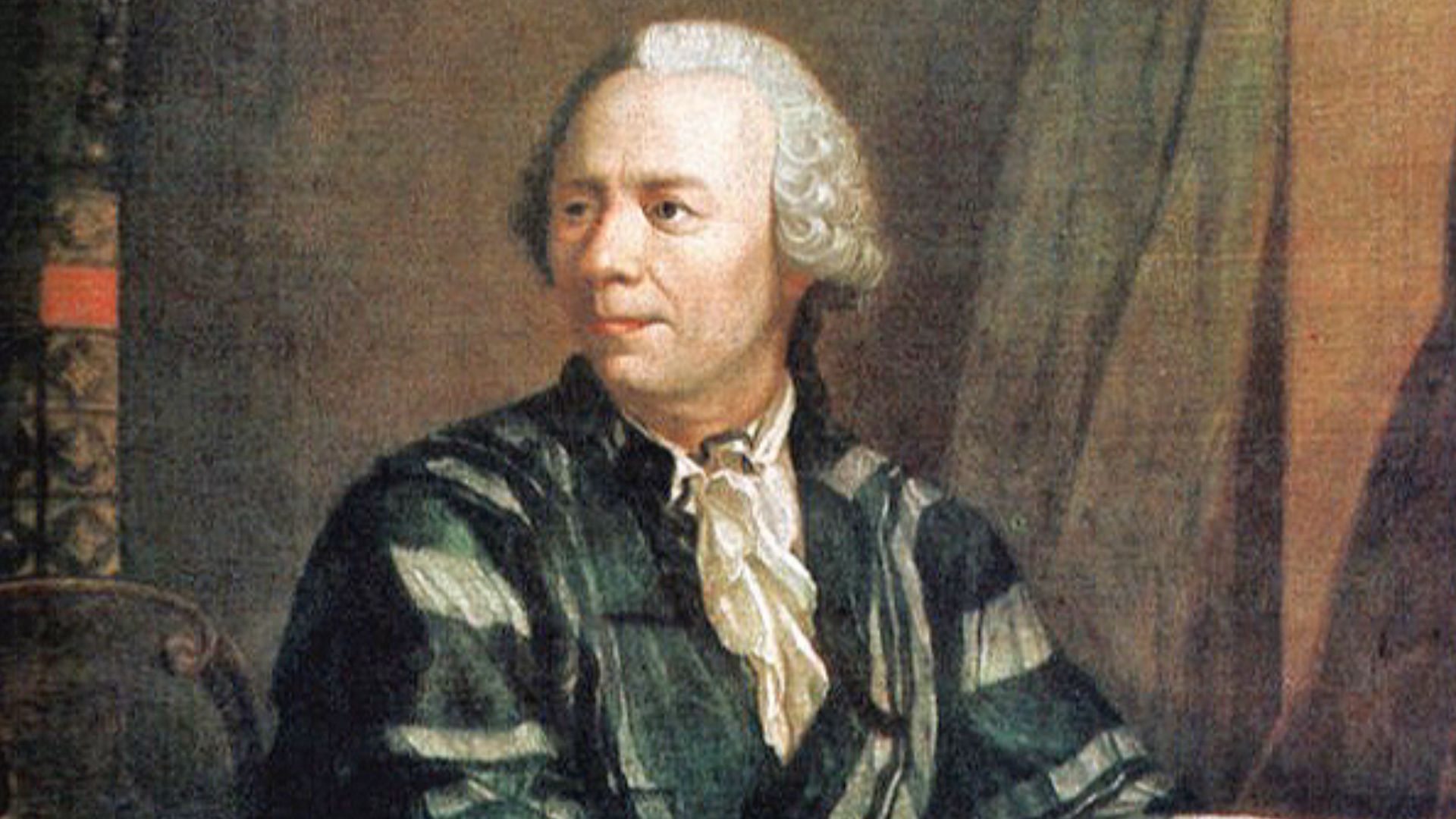 Jakob Emanuel Handmann on Wikimedia
Jakob Emanuel Handmann on Wikimedia
20. John von Neumann
Hungarian-American John von Neumann was a mathematician, physicist, computer scientist, and engineer. While he made many major contributions to these fields, he's best recognized for pioneering the modern computer, game theory, nuclear deterrence, and more.
KEEP ON READING

10 Greatest Quarterbacks Of All Time & 10 That Are…
Do You Disagree?. Few topics in sports generate as much…
By Farva Ivkovic Dec 2, 2025
The story of Ching Shih, the Woman Who Became the…
Unknown author on WikimediaFew figures in history are as feared…
By Emilie Richardson-Dupuis Dec 29, 2025
20 Shakespearean Words, Translated For A Modern Audience
What’s In A Word?. Shakespeare was a wordsmith of the…
By Breanna Schnurr Dec 17, 2025
20 Inspiring Stories From Native American History
Incredible Stories Of Resilience And Endurance. Many of us didn't…
By Ashley Bast Dec 17, 2025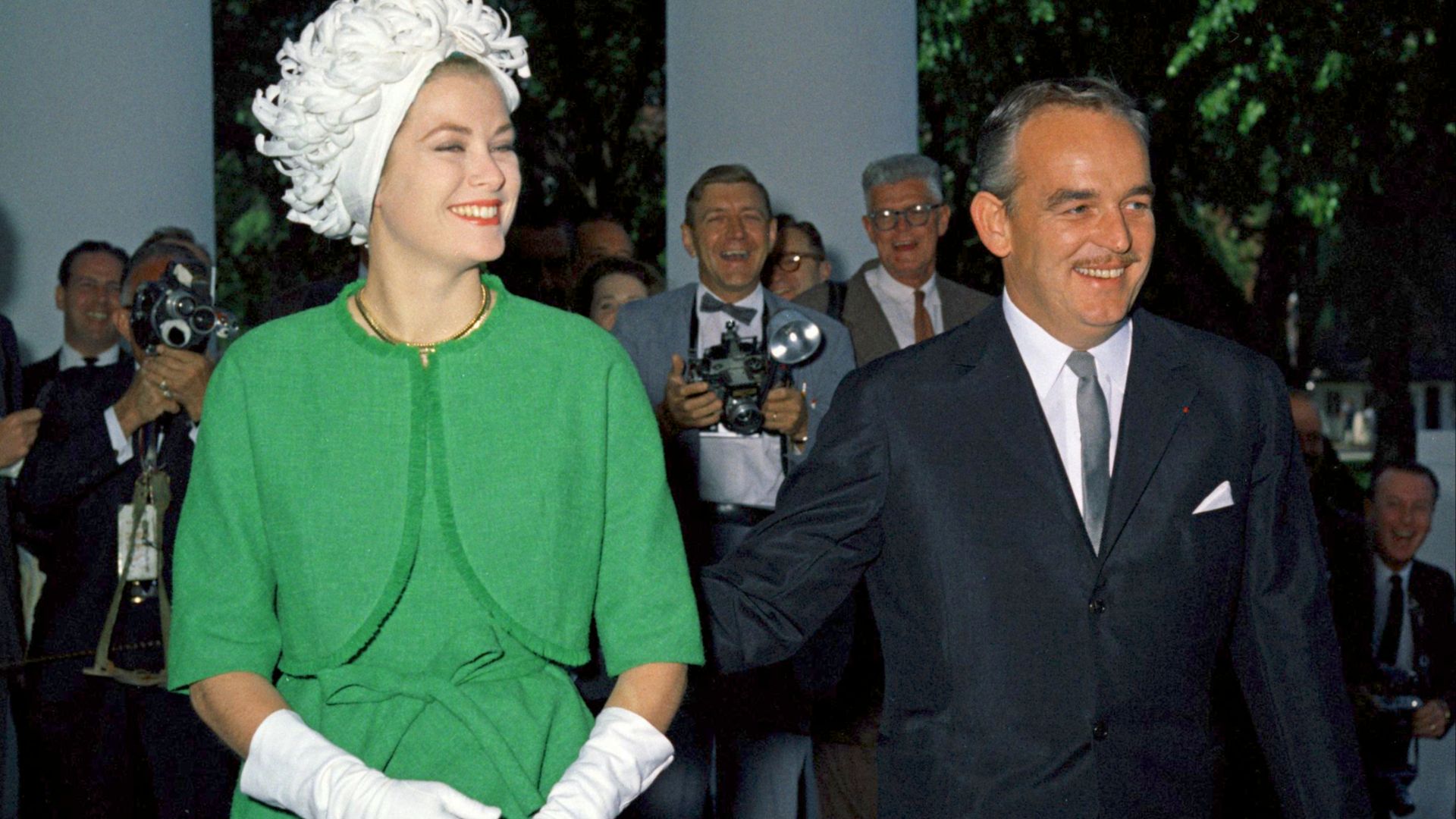
You Think You Have Problems? These Royal Families Were Cursed
Boasson and Eggler St. Petersburg Nevsky 24. on WikimediaHeavy is…
By Ashley Bast Dec 5, 2025
MH370: The Plane That Can't Be Found
Anna Zvereva from Tallinn, Estonia on WikimediaEleven years after Malaysia…
By Christy Chan Dec 10, 2025

